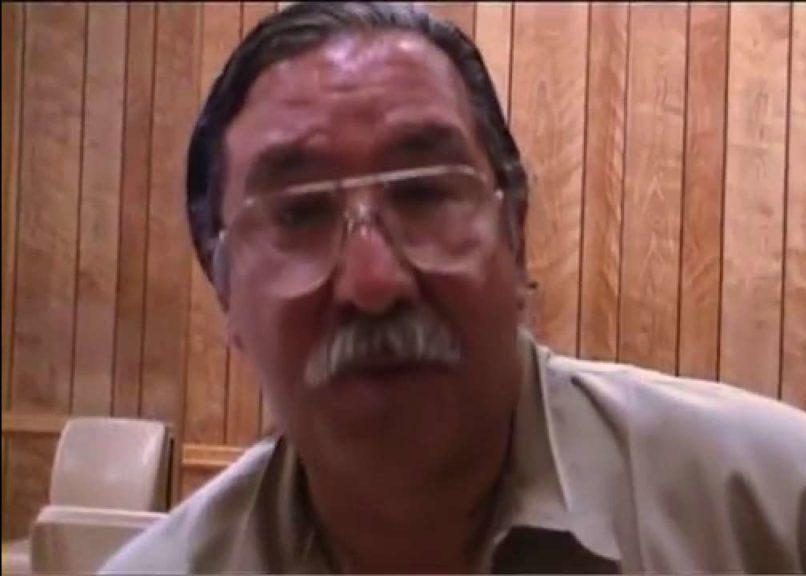A pivotal parole hearing took place in Florida for Indigenous activist Leonard Peltier, who has spent over four decades in prison following his conviction for the 1975 killings of two FBI agents in South Dakota. At 79, Peltier’s health is deteriorating, making this parole request potentially his last chance at freedom. A decision is expected within 21 days.
Kevin Sharp, Peltier’s attorney and a former federal judge, emphasized the urgency of the situation, stating that if denied, it might be a decade or more before another parole hearing is considered. Sharp, along with other supporters, has long argued that Peltier was wrongly convicted.
“This whole entire hearing is a battle for his life,” said Nick Tilsen, president and CEO of the NDN Collective, an Indigenous-led advocacy group. “It’s time for him to come home.”
However, the FBI and its current and former agents maintain Peltier’s guilt. The campaign for Peltier’s freedom, which remains intertwined with the Indigenous rights movement, continues to garner attention, with “Free Peltier” merchandise still widely available online.
“It may be kind of cultish to take his side as some kind of a hero. But he’s certainly not that; he’s a cold-blooded murderer,” said Mike Clark, president of the Society of Former Special Agents of the FBI, which has advocated for Peltier to remain incarcerated.
The Background
Leonard Peltier, an enrolled member of the Turtle Mountain Chippewa tribe, was a prominent figure in the American Indian Movement (AIM), which emerged in the 1960s to combat police brutality and discrimination against Native Americans. AIM gained national attention in 1973 during the 71-day standoff at Wounded Knee on the Pine Ridge reservation, which heightened tensions between the group and federal authorities.
On June 26, 1975, FBI agents arrived at Pine Ridge to serve arrest warrants amidst ongoing conflicts over Native treaty rights. During a shootout, agents Jack Coler and Ronald Williams were killed, as was AIM member Joseph Stuntz. The Justice Department concluded that Stuntz was killed by a law enforcement sniper.
Two AIM members were acquitted of killing the agents, but Peltier, who had fled to Canada and was later extradited to the U.S., was convicted and sentenced to life in prison in 1977, despite claims of falsified evidence.
Kevin Sharp argues that Peltier’s trial was marred by misconduct, stating, “If they tried this today, he does not get convicted.”
The FBI’s Position
FBI Director Chris Wray reaffirmed the agency’s opposition to Peltier’s parole, citing the gravity of his actions and his lack of remorse. The FBI Agents Association also opposed parole, labeling any early release as a “cruel act of betrayal.”
As the parole board deliberates, the case of Leonard Peltier remains a contentious issue, symbolizing the broader struggles of the Indigenous rights movement nearly half a century later.
